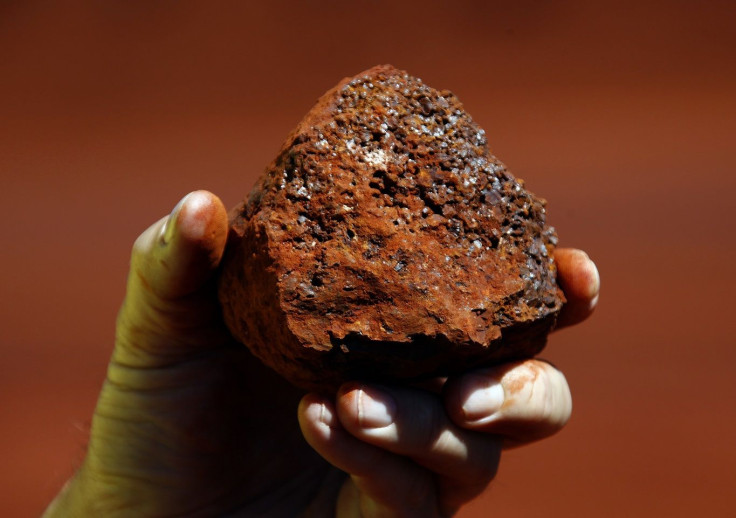Australia’s Iron Ore Crisis Channels Interest on Nickel Company

Australia’s current iron ore crisis is showering benefits to the rest of the industry as top employment destinations open their doors for new recruits. In a recent report, Nickel miner Sirius Resources expressed its surprise over the number of highly qualified people looking for jobs at its job fair.
Western Australia’s iron ore sector is ironically benefitting from the downward slope of the country’s mining industry. Because of the crisis, drill rigs that were expensive before are now cheaper to rent and mining executives now have the freedom to choose from highly qualified individuals who have left their jobs at other mining companies.
Sirius Resources managing director, Mark Bennett, said that he was more than astounded with the huge turnout from a community open day that they hosted in Esperance.
“We’ve been inundated, we’ve bought along over 100 forms for people to register their interest and we had to get more copies made and they’re all gone. So we’ve been astounded, we thought 50 people might turn up, but there’s probably been a couple of hundred,” Bennett was quoted as saying by ABC.net.
“With the boom, good people were extremely difficult to find, a lot of people were being attracted up to the Pilbara on the iron ore operations. That’s now reversed, so we can now get a much better range of people applying for jobs and be competitive as well. During the peak of the iron ore boom, those guys set the prices for everything and it was difficult for everybody else if you weren’t in iron ore to compete for people and goods and services and anything,” added Bennett in the same report.
Australian iron ore and coal rose at its peak during the early 2000s to 2012, becoming one of the most successful mining booms since the gold rush. Neighbouring nation New Zealand feels that the country could have handled a better job at this luck, especially with the mining crisis Australia is experiencing.
Paul Bloxham, HSBC’s chief economist for New Zealand and Australia, stated that New Zealand learned a couple of lessons on handling an economic boom based on the mistakes that Australia made.
“It is certainly the case that when times are good and commodities prices are high, governments ought to be looking to both increase their savings or to put in place reforms that allow you to continue to grow when commodities prices fall,” Bloxham told NZ Herald.
He added that the Australian government should have started a national fund or at least save enough and influence the public to do the same.
“Governments can make productivity-enhancing reforms, or they can more directly save funds and get their budgets back into surplus, or even potentially set up a sovereign wealth fund,” said Bloxham.
Meanwhile in Far Eastern Russia, the nickel industry is facing a bright future with Amur Minerals Corporation (OTC:AMMCF), a developing company situated in the Amur Oblast region. Amur Minerals is awaiting its mining license from Russian Prime Minister, Dmitry Medvedev. Once the company secures this license, it aims to unearth 67 million tonnes of high-grade nickel and copper.
Contact the writer: a.lu@ibtimes.com.au




















